I’ve been there too. In moments of frustration, I’ve asked myself, “Why did I just react like that?” It’s through my own journey of self-reflection and healing that I’ve learned to understand the deeper roots of those reactions. Our responses as parents often stem from subconscious beliefs and patterns shaped by our past. When we pause to reflect, we can begin to understand why we act the way we do — and change it for the better.
Many parents find themselves struggling with reactions that seem to come out of nowhere — a snap at their child or a moment of frustration that feels disproportionate. The truth is, these responses often stem from deeper, unconscious limiting beliefs. Limiting beliefs are subconscious thoughts or patterns that hold us back from being our best selves as parents. Formed by past experiences or childhood conditioning, these beliefs shape how we respond to our children today. Overcoming them requires deep self-reflection, compassion, and a willingness to confront our vulnerabilities. Through this healing journey, we can transform not only ourselves but also our parenting.
What Are Limiting Beliefs?
Limiting beliefs are subconscious thoughts or patterns that hold us back from being our best selves. They often stem from past experiences or childhood conditioning and can shape how we respond to our children today. Have you ever felt that your childhood experiences shape how you parent now? You’re not alone. Many parents struggle with these invisible, yet powerful, beliefs that often stand in the way of the parent they want to be.
The Impact of Limiting Beliefs
Parenting can be overwhelming, and those moments when you snap may feel like failures. But is your child’s behavior really to blame?
Often, we aren’t even aware of the limiting beliefs driving our reactions. These beliefs can hide in plain sight, wrapped in habits we’ve carried for years. Have you ever reacted strongly to a minor issue and wondered why? By uncovering and questioning the origins of these reactions, we can begin to release old patterns.
“When you’re triggered by your child’s behaviour, what if the real question isn’t ‘what’s wrong with them?’ but ‘what’s going on inside of me?’”
This is the core of conscious parenting — self-awareness. By understanding our own emotional landscape, we can respond with more clarity and compassion.
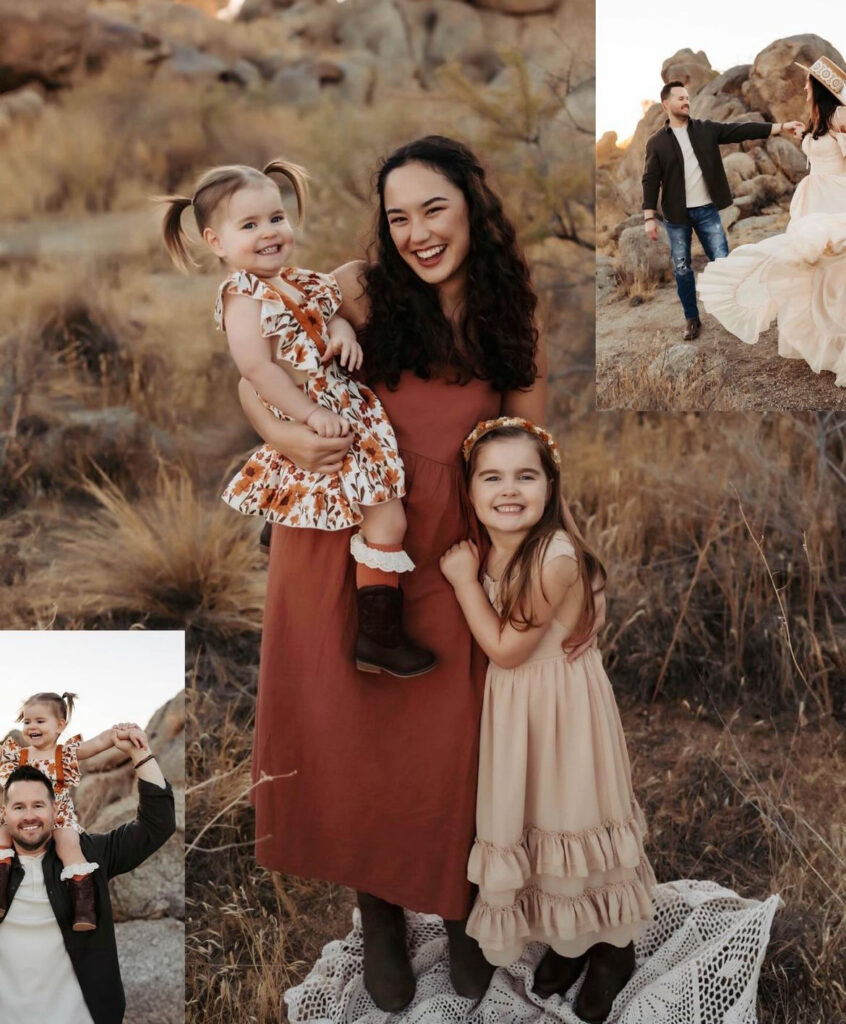
Maria, once anxious about mistakes, found freedom in letting go of control. Reflecting on her childhood helped her realize her need for perfection was rooted in her past.
Step 1: Turning Inward to Overcome Limiting Beliefs
In challenging moments, pause and ask yourself, “What’s driving my feelings?” You might discover thoughts like, “I need to be a perfect parent, or I’m failing.” Perfection doesn’t exist, and chasing it not only leads to burnout but sets an unrealistic standard for our children. Perfectionism can lead us to believe that love and acceptance are contingent upon achieving something that isn’t possible. Instead, we need to embrace imperfection — not only for our own well-being but for our children’s too. When we model that it’s okay to make mistakes, we give our children the permission to be human as well.
Step 2: Witnessing and Accepting Limiting Beliefs
Once you’ve uncovered a limiting belief, resist the urge to immediately fix it. Instead, practice acceptance. These beliefs served a purpose in your past — perhaps as protective mechanisms. But what once helped you survive doesn’t need to control your present.
In this step, pause, breathe, and ask yourself: “What belief is fuelling this reaction?” Witness the belief without judgment. Acknowledge that it has been a part of you, but also recognize that it no longer serves you.
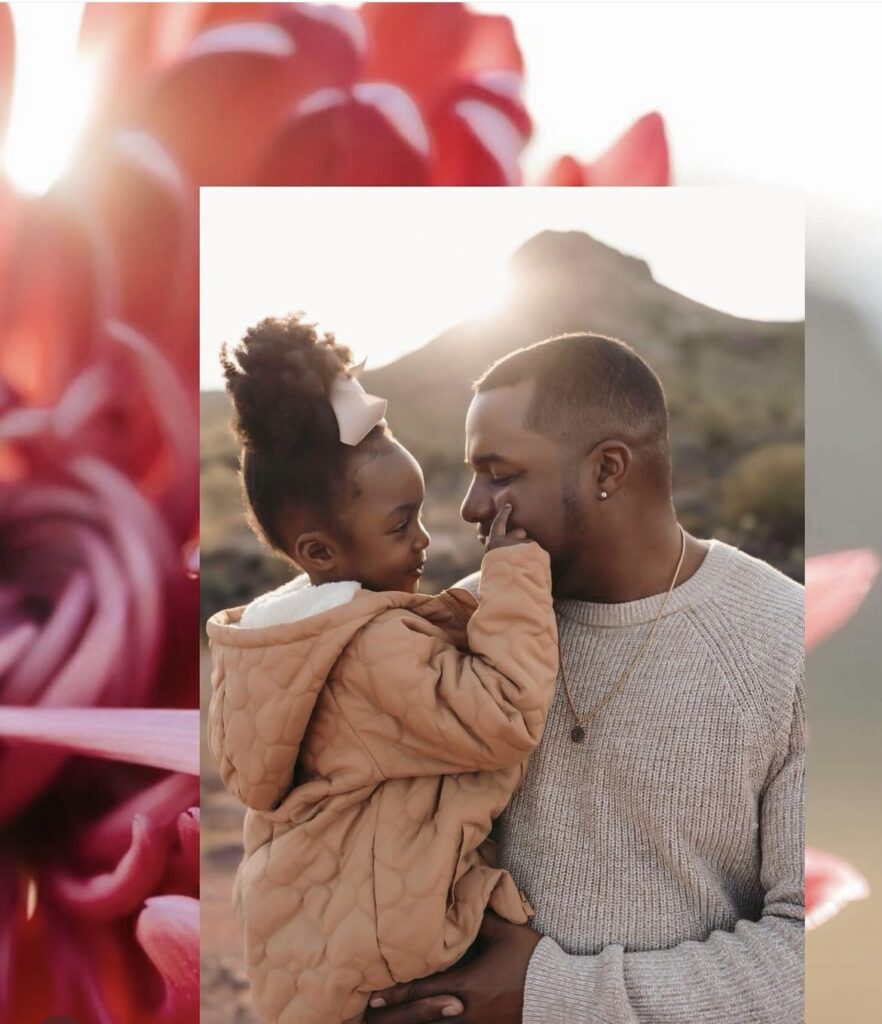
For example, James, a father of two, often found himself yelling at his children when they didn’t follow directions. Upon reflection, he realized his strict upbringing left him with the belief that obedience equaled respect. Once James recognized this, he began to loosen his approach, realizing that respect doesn’t require rigid discipline.
Step 3: Embracing Self-Compassion on Your Journey to Overcoming Limiting Beliefs
The next step is where transformation begins: self-compassion. It’s not enough to simply identify a limiting belief — we must offer ourselves understanding and comfort as we would a close friend or our own child. Acknowledge that the beliefs you carry are often rooted in past pain or unmet needs.
Consider this practical exercise:
Take a moment to write a letter to your inner child, acknowledging the pain or beliefs that shaped you. Offer comfort, understanding, and reassurance. This exercise can help you develop a more compassionate relationship with yourself and begin the healing process.
As I often remind my clients, “The greatest gift we can give our children is a parent who is healing.” This self-compassion not only benefits you but also creates a nurturing environment for your children to heal and grow alongside you.

A Compassionate Shift: Sophie’s Story
Sophie struggled with guilt anytime she spent time away from her children. She had internalized the belief that a “good mom” should always be present. Upon reflection, she realized this belief stemmed from her childhood, where she often felt neglected by her working parents. Through compassion and inner work, Sophie began to heal this wound, recognizing that she could be a loving mother while also honoring her own needs.
Step 4: Healing and Vulnerability: Overcoming Limiting Beliefs Together
Healing from limiting beliefs is vulnerable work. It requires us to confront difficult emotions and be open to change. While it may feel daunting, embracing this vulnerability is essential for true connection and growth — both with ourselves and our children.
Remember, the goal isn’t perfection — it’s presence. The path to conscious parenting isn’t about getting everything right; it’s about being open, authentic, and connected.
Embrace your vulnerability as a powerful tool for healing. When you do, you create an environment where both you and your children can thrive.
Why This Journey Matters
Recognizing and healing your limiting beliefs doesn’t just benefit you — it profoundly impacts your children. When you model self-awareness, compassion, and vulnerability, you create a safe space for your kids to do the same. The more you witness and heal your own inner child, the more you create an emotionally nurturing environment for your children to thrive.
Reflective Questions to Consider
- What legacy do you want to leave for your children through your growth?
- How do you think your current reactions affect your child’s emotional well-being?
- In what ways can you model self-compassion for your children as you navigate your own healing journey?
- How might your healing journey change the way your children perceive their own emotions?
The Transformative Power of Overcoming Limiting Beliefs in Parenting
The journey toward conscious parenting is one step at a time. By taking small, intentional steps to heal and grow, you’re creating lasting change not just for yourself, but for your family as a whole.
If you’re ready to dive deeper into your journey, download my free guide on uncovering and overcoming your limiting beliefs and take the first step toward transforming your parenting. By investing in your own growth, you’re not just changing your life — you’re setting the stage for your children to thrive.
What might change in your life — and in your parenting — if you embraced the idea that your healing is your child’s greatest gift?

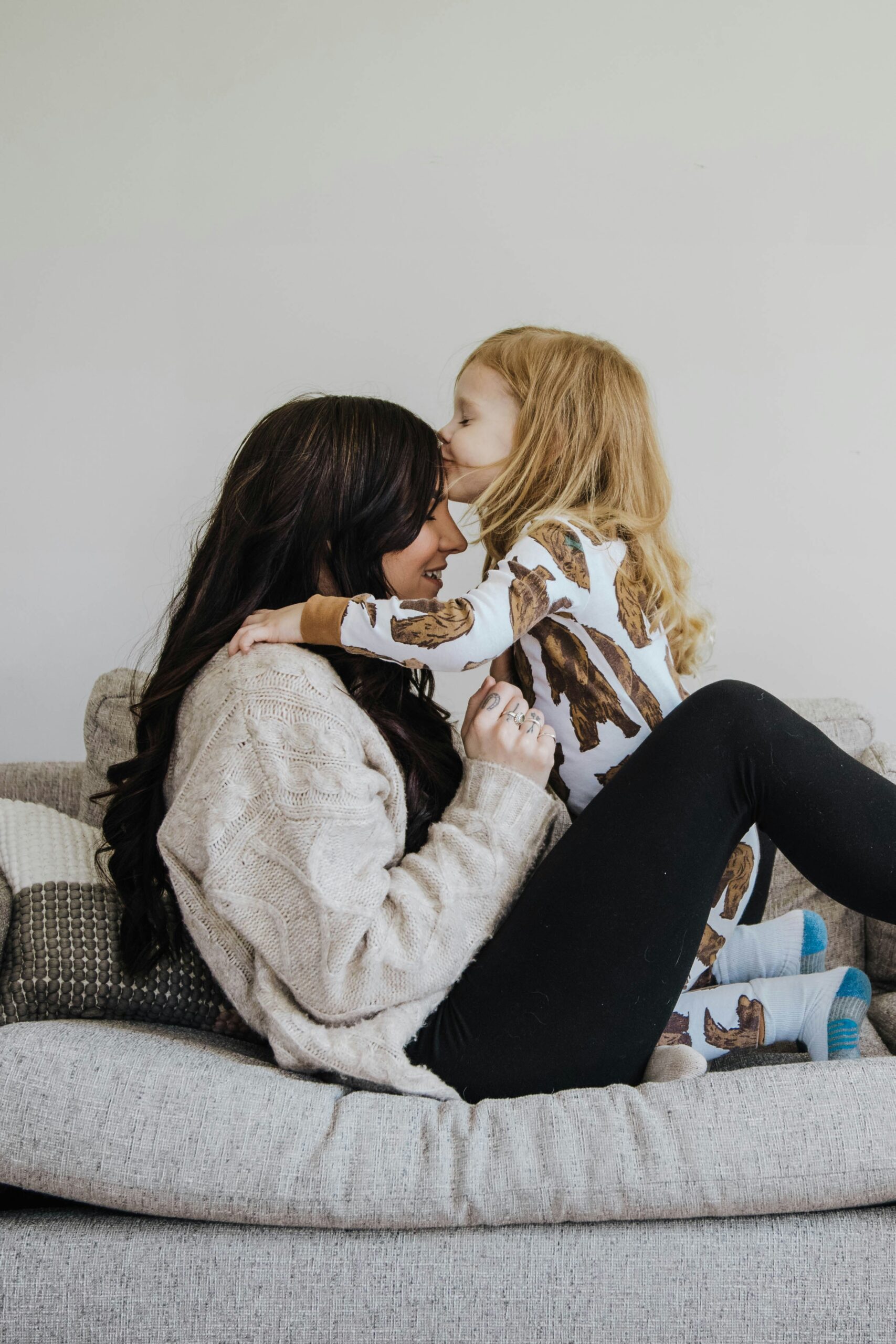
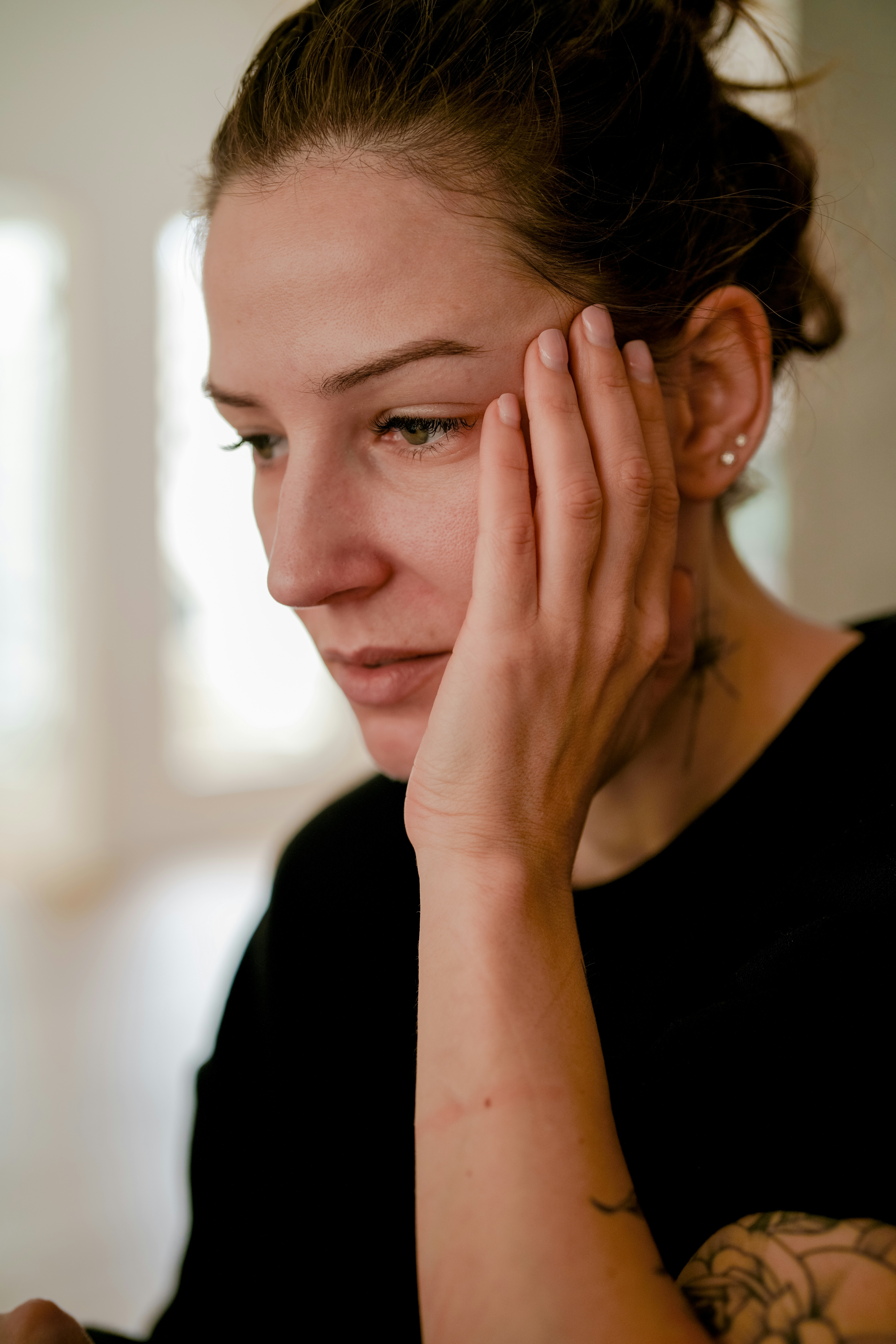
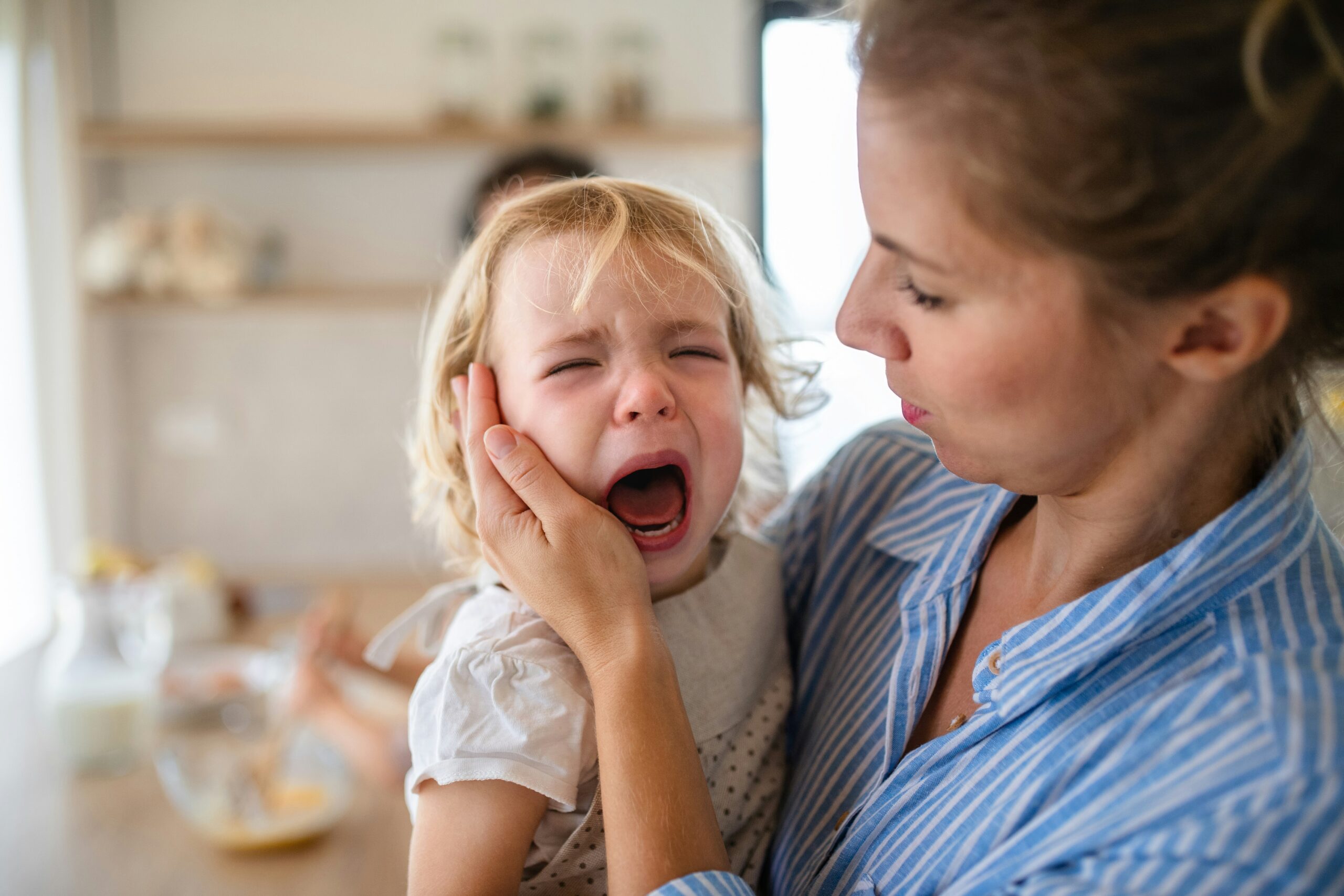
+ show Comments
- Hide Comments
add a comment